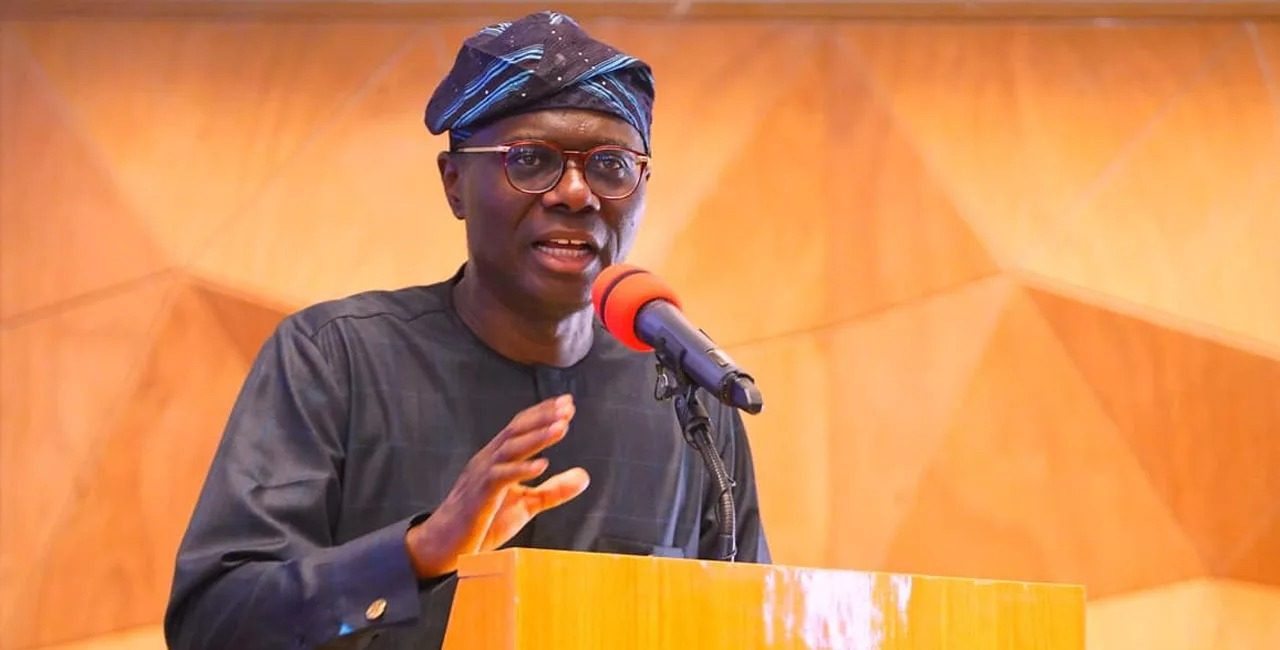The Lagos State Government has rescued and rehabilitated 4,753 victims of human trafficking within the last two years, according to the Attorney-General and Commissioner for Justice, Mr. Lawal Pedro (SAN).
We gathered that Pedro made this known on Thursday in Ikeja during the 2025 opening ceremony of the Africa Colloquium Against Human Trafficking, organised in collaboration with Pepperdine University, California, United States.
Themed “A United Front Against Ritual Abuse and Sacrifice,” the event brought together experts, policymakers, and advocates to strengthen collective efforts against trafficking and ritual-related crimes across Africa.
Pedro said the figure reflected Lagos State’s unwavering commitment to eliminating human trafficking through prevention, enforcement, and victim support.
He explained that the Lagos State Task Force Against Human Trafficking, in partnership with relevant agencies, had provided rescued survivors — including minors and persons with disabilities — with psychosocial support, counselling, and rehabilitation services.
The Attorney-General also disclosed that the state had expanded its shelters for victims, trained 109 local government focal persons as community-based anti-trafficking advocates, and sensitised more than five million residents through grassroots awareness campaigns.
Highlighting the government’s legislative strides, Pedro noted that the Lagos State Organ Harvesting Prohibition Law 2024 was enacted to criminalise organ trafficking and impose strict sanctions on offenders, including medical practitioners and criminal cartels.
He described human trafficking as one of the world’s most profitable organised crimes, generating illicit profits estimated at over $236 billion annually.
“There is a need for African countries to unite in combating the menace. It is both our moral and continental obligation. Africa must rise not in rhetoric but in responsibility.
“Let history say that from Lagos in 2025, Africa took a stand and never turned back in the fight against human trafficking,” Pedro said.
Earlier, the Solicitor-General and Permanent Secretary of the Lagos State Ministry of Justice, Mr. Hameed Oyenuga, welcomed delegates to the two-day colloquium and urged them to translate their discussions into tangible actions.
Oyenuga emphasised that human trafficking and ritual-related crimes are deeply rooted in socio-cultural and economic structures, making them difficult to identify and prosecute.
He explained that the crimes thrive on both local and international networks that prey on vulnerable individuals, adding that sustainable solutions required more than legal interventions.
According to him, tackling the scourge demands a collective approach involving investigators, prosecutors, legislators, researchers, religious leaders, and global partners.
He stressed that success in combating these crimes depends on coordination beyond government institutions.
Oyenuga urged participants to move beyond speeches and focus on creating enduring frameworks, tools, and partnerships to safeguard women, children, and young people from exploitation.
“Africa does not need new declarations. We need implementations and an Africa-free system,” he said.



